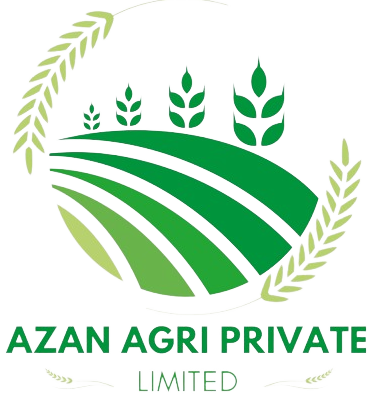How are fertilizers made?
Mineral and organic fertilizers contain nutrients in different forms. Ultimately, however, because plants can only take up nutrients in their mineral form, the original fertilizer source makes no difference from a plant nutrition standpoint. No matter what the source, all nutrients are used in exactly the same way by plants with the same effect.

Some 3 billion people in the world experience ‘hidden hunger.’
They might have enough rice, wheat and pulses to eat, but the food lacks the vitamins and micronutrient minerals such as zinc, iron, selenium and iodine, needed for normal brain development and strong immune systems.
The International Fertilizer Association estimates that 85% of the soils globally are deficient in nitrogen, 73% of the soils are deficient in phosphorus and 55% lack potassium. Growing food in soil with a good balance of nutrients is key to preventing malnourishment and diseases caused by calorie deficiency. Below is a representation of how much mineral fertilizer is applied to different crops.
Understanding nutrient requirements of different crops is an essential component to study the impact of nutrient-related policies and plan farming processes. It is also a prerequisite for numerous other forms of market research and scientific assessment.





Why Choose Us
It’s excellent for the environment, and it’s also good for your health.
Lorem ipsum dolor sit amet, consectetur adipiscing elit. Ut elit tellus, luctus nec ullamcorper mattis, pulvinar dapibus leo.
Discover the dual benefits of sustainable farming for a better planet and improved well-being.
Explore innovative solutions for a greener, more eco-conscious future.
Embrace a community-centric approach to foster unity and growth in shared spaces.
Delivering Excellence, One Harvest at a Time: Providing convenient access to the finest, farm-fresh produce.
Common Questions
Most Popular Questions
We produce a wide range of fertilizers, including nitrogen-based, phosphorus-based, and potassium-based products, as well as specialty blends tailored to specific crop and soil needs.
We recommend soil testing to determine nutrient deficiencies and crop requirements. Our experts can help you choose the most suitable product based on the results.
Yes, we offer fertilizers compliant with both conventional and organic farming standards, providing options for various farming methods.
We adhere to strict quality control measures, rigorous testing, and compliance with industry standards to ensure the safety and quality of our fertilizers.
Our team offers expert guidance on application methods, timing, and dosage to maximize effectiveness and minimize waste.
Yes, we offer environmentally friendly and sustainable fertilizer solutions designed to reduce environmental impact and enhance soil health.
The shelf life varies by product, but we provide clear instructions for proper storage and handling on our product labels.
Our products are generally compatible with common pesticides and herbicides, but we recommend consulting with our experts to ensure compatibility and application safety.
We employ responsible manufacturing practices, use resource-efficient methods, and develop products that reduce the environmental footprint of fertilizers.
Yes, we provide educational resources, expert advice, and training programs to help customers make informed decisions and optimize their fertilizer use for increased crop yields and sustainability.
